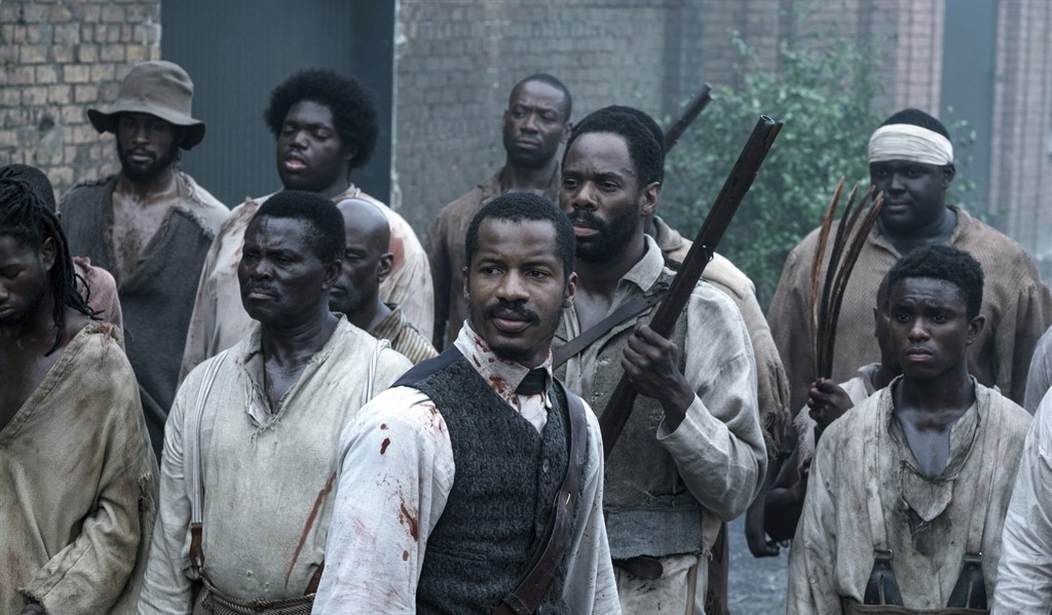Reparations just got a boost.
As reported by the Boston Globe, Providence, Rhode Island will pay Roger Williams University a whopping $99,196 in a step toward ultimate reparative redistribution for black and American Indian residents.
The school’s job, according to the Globe: to “oversee a community outreach effort that will involve identifying stakeholders, crafting key goals for reparations, and developing a framework for future phases of the program by the end of the year.”
On the written agreement, “Providence Cultural Equity Initiative” is listed as a subcontractor.
Under “Item Discussion,” “City of Providence’s African American Ambassador Group (AAAG) Reconciliation Process” is designated.
Partner in the endeavor: the Providence Public Library.
Roger Williams U was the sole bidder.
As for the African American Ambassador Group, Mayor Jorge O. Elorza is a member.
Four months ago, the organization released its “Truth-Telling” report, A Matter of Truth.
From the press release:
The report includes a comprehensive analysis of the role of the City of Providence and State of Rhode Island in supporting a “separate and unequal” existence for African heritage, Indigenous, and people of color.
At the time, Jorge had a lot to say:
“Today, the City of Providence is one step closer to understanding and acknowledging the depth of our history of racial injustice, and its unfortunate continued impact on our Black and Indigenous residents. … [A]frican heritage and Indigenous people were subjected to overt racism and mob violence by their fellow citizens, but one of the greatest threats they faced came not from individual actors, but from laws and policies promulgated by our own governments and private institutions. While I do not anticipate the City alone can repair generations of pain, violence, and systemic oppression suffered by our African heritage and Indigenous residents, we can bring our communities together to heal by discussing and accepting these uncomfortable truths.”
They can also institute reparations.
And in the proposal, RWU poses itself as perfect for the job:
For decades, Roger Williams University (RWU) has been establishing its role as a resource to historically under-resourced and underrepresented communities through its social justice-oriented community programming and policy centers at its Providence-based University College.
As stated by the proposal, meetings will be held in areas “historically been populated by African heritage and indigenous communities.”
So what kind of reparations will ultimately be doled out?
It appears that has yet to be decided.
As noted by Campus Reform, the college has ’til December 31st to submit details of a plan.
But the monumental undertaking’s on the move — the contract lays out a Project Timeline, which includes employment of the AAAG report:
Grant awarded — July 31
Designing of community needs assessment and asset mapping
Identification of subcontractors
Developing interview protocols and LSQs
Hiring and training of student interns
Preliminary engagement with Stakeholders to inform about general goals of initiative, to stoke interest in process participation, and to schedule times to connect
Community Outreach beginsAugust 1 — October 31
Complete community outreach
Collect and generate assets through identification and hiring of consultants
Begin development of proposals for Truth-Telling Framework and Digital Presentation of Truth-Telling DocumentNovember 1 — December 31
Complete piloting and proposal for Truth-Telling Framework
Complete proposal and proof of concept for Digital Presentation of Truth-Telling Document
Submit completed products to City of Providence
The idea of reparations has really picked up steam lately.
In March, Evanston, Illinois became the first U.S. city to give reparations to black people in light of past discrimination and the long-term effects of slavery.
From the official resolution:
The Restorative Housing Program (“The Program”), the first Program of the Evanston Local Reparations Fund, acknowledges the harm caused to Black/African-American Evanston residents due to discriminatory housing policies and practices and inaction on the City’s part. The Program outlined in this document is a step towards:
Revitalize, preserve, and stabilize Black/African-American owner-occupied homes in Evanston
Increase homeownership and build the wealth of Black/African-American residents
Build intergenerational equity amongst Black/African-American residents
Improve the retention rate of Black/African-American homeowners in the City of Evanston.
That same month, Oregon eyed giving $123,000 to residents who can prove ancestral slavery.
Why has enthusiasm for reparations taken so long to surge?
Former President Barack Obama offered an clue in February.
Put simply:
“[W]hat I saw during my presidency was the politics of white resistance and resentment.”
Perhaps that resistance is now waning.
Back to Mayor Jorge, he announced last summer that reparations would be coming.
“Telling the truth” (via the report) was the first step.
In this second phase, as worded by the Globe, “what a reparations program could look like” will be explored.
Phase three — a focus on the actual reparations — will likely begin in 2022.
Regarding such a payout plan, there are many questions — how specifically will one need to qualify for benefits forcibly paid to some by others? How will it be determined who should pay? What if someone is bi-racial?
It seems to me reparations is a giant fight waiting to happen.
But here in America, it appears, we’re increasingly ready to have that fight.
-ALEX
See more pieces from me:
Fish Fry: Social Justice Sizzles With the Woke Renaming of a Racism-Riddled Carp
Continuing the Pro-Vaxx Campaign, State University Offers Chances to Win $1,000 Scholarships
WATCH: Terrifying Video Shows Little Girl Dragged by School Bus as Civil Trial Begins
Find all my RedState work here.
Thank you for reading! Please sound off in the Comments section below.














Join the conversation as a VIP Member